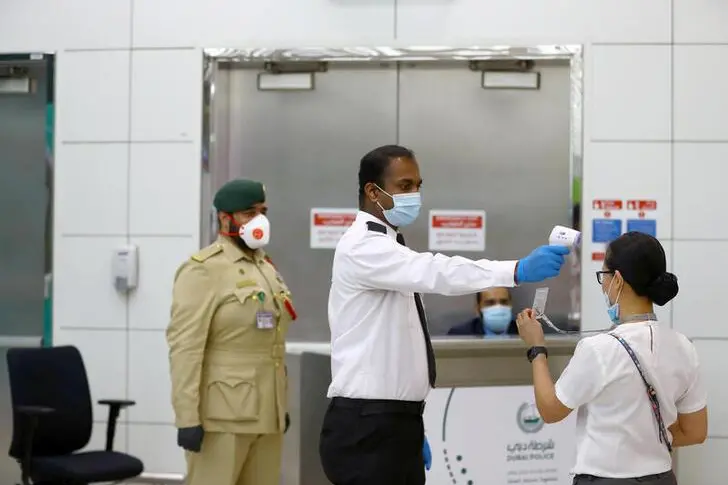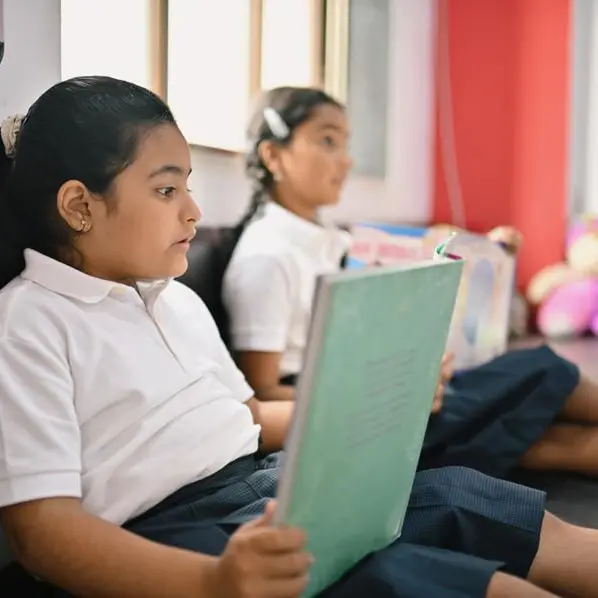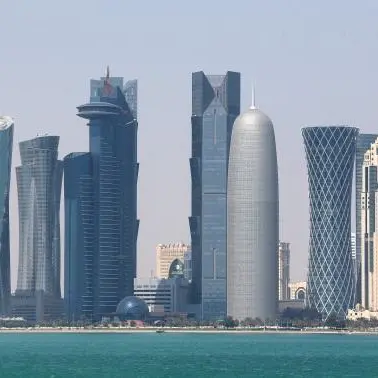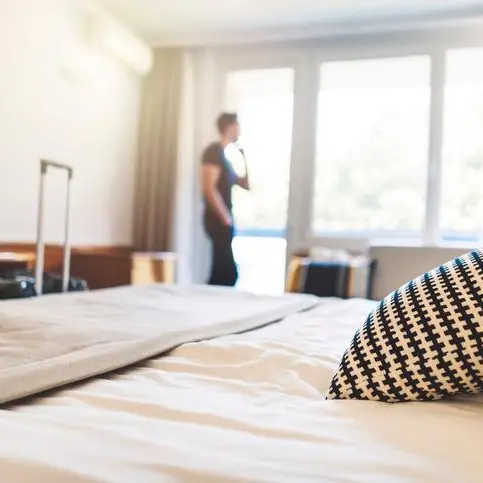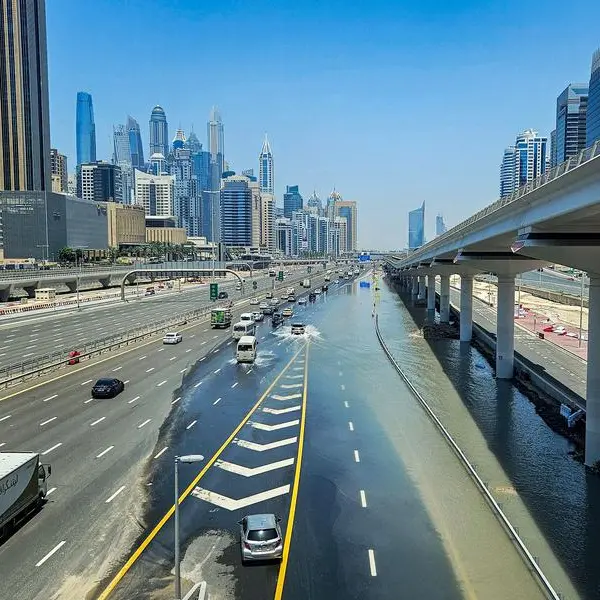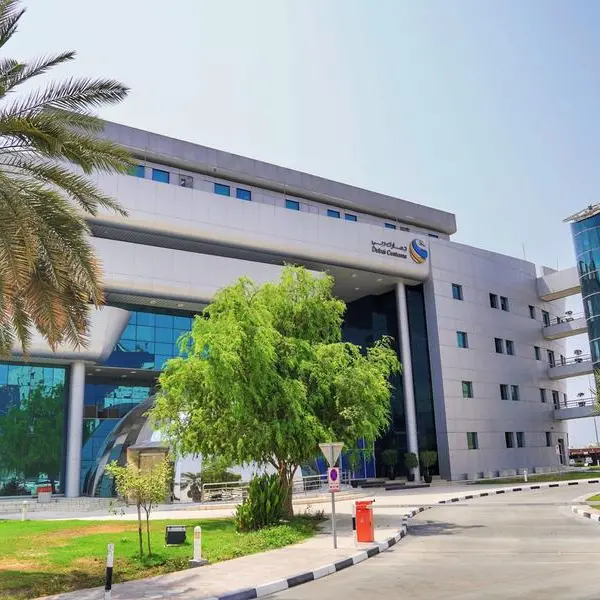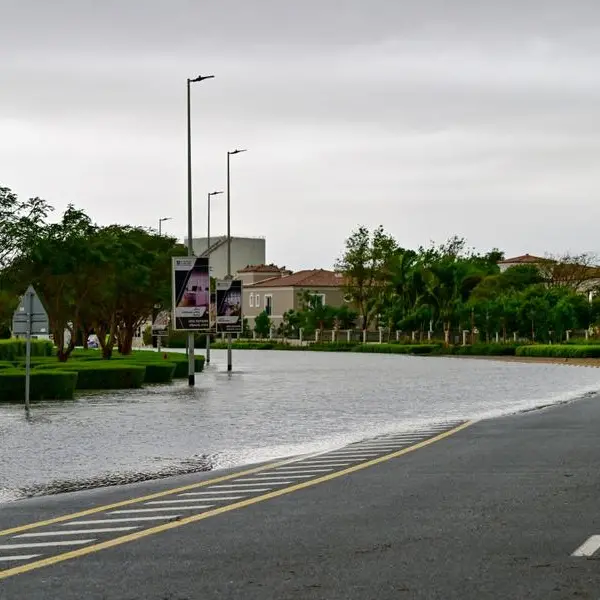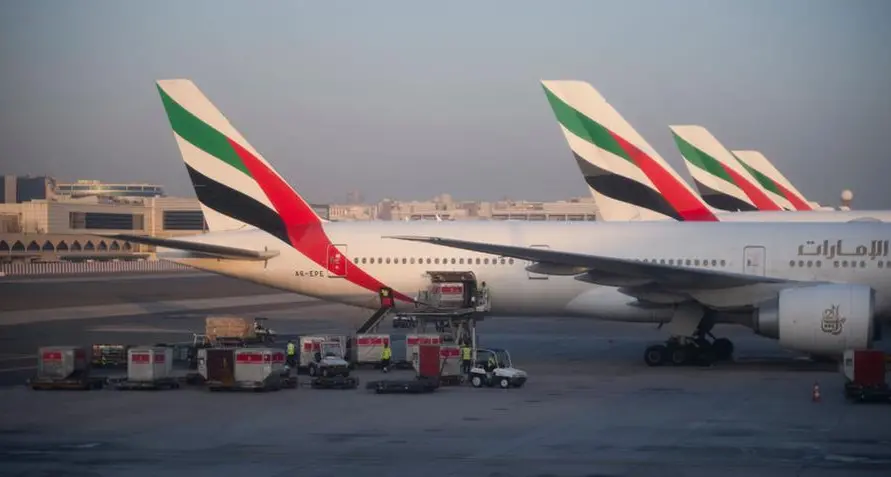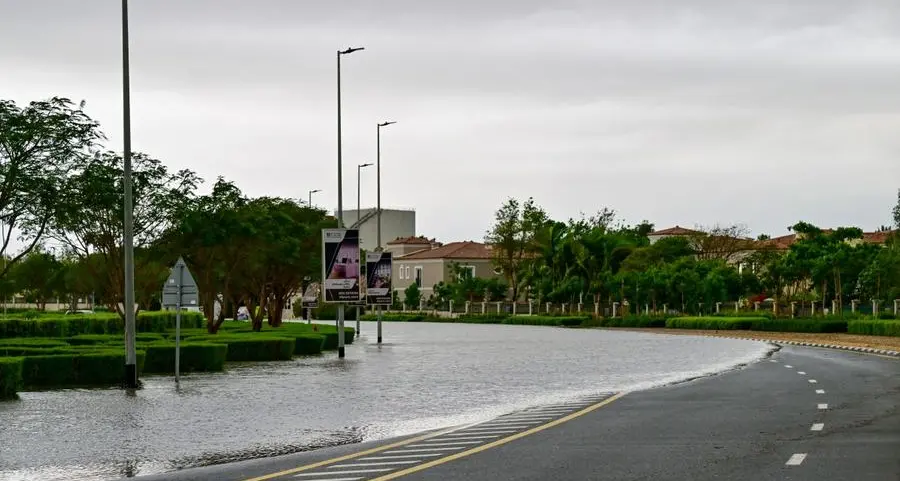PHOTO
The International Air Transport Association (IATA) has proposed that governments should pay for the cost of universal COVID-19 tests that it is recommending for all international passengers, and scrap quarantine requirements at once to restart the still ailing aviation industry.
The air transport body called on Tuesday for the adoption of “systematic testing” for all passengers travelling overseas prior to departure in lieu of the mandatory quarantine.
The medical screening that IATA is recommending is antigen tests that are “reliable, scalable” and can be deployed by October, and should cost roughly $7 or 8 per test, said Alexandre de Juniac, director general and CEO of IATA.
Approximately “millions” of passengers are expected to go through the pre-departure tests around the world during “normal times”, according to de Juniac. This could mean that the proposed systematic testing could cost governments a combined total of at least $7 million per day.
“We have to see how this cost will be financed by governments, knowing that if we implement a testing process, it’s a medical regulation that’s within the international [guidelines] issued by the World Health Organisation. It should normally be paid by the government,” de Juniac told reporters during a briefing.
Alternative to quarantine
Given the progress being made to develop more reliable and rapid testing technology, de Juniac said they are confident that a universal mechanism can be rolled out “in the coming weeks”.
“We are pretty optimistic that during October, or in the coming weeks, we will be able to deploy this testing approach as an alternative to quarantine,” he added.
However, de Juniac pointed out that the medical screening is “not a permanent fixture”, hence it should be lifted when things normalize or the pandemic eases.
Despite efforts to restart the economies, international travel is still 92 percent down on 2019 levels. According to IATA, there has been a limited uptake because either the quarantine measures make travel impractical or the frequent changes in COVID-19 measures making planning impossible.
“Looking at the August performance, I can confirm that there has been some further improvement that’s mostly taken place in the domestic market, but international travel remains very slow to improve,” Brian Pearce, IATA’s chief economist said.
Priority
The economic cost of the breakdown in global connectivity has been massive, with hundreds of thousands of jobs already lost. According to IATA, the “human suffering and the global economic pain of the crisis” will be prolonged if the aviation industry on which at least 65.5 million jobs depend, collapses before the pandemic ends.
De Juniac said the restart of air traffic is “a key enabler of the economy”, so governments should prioritize the adoption of systematic testing. Besides, he pointed out, the medical screening is something that the public is most likely to support, with 84 percent of respondents in a recent survey saying they agree that testing should be required of all travellers.
IATA’s public opinion research also revealed that some 65 percent of travellers agreed that quarantine should not be required if a person tests negative for COVID-19. About 88 percent also agreed that they are willing to undergo testing as part of the travel process.
(Reporting by Cleofe Maceda; editing by Seban Scaria)
Disclaimer: This article is provided for informational purposes only. The content does not provide tax, legal or investment advice or opinion regarding the suitability, value or profitability of any particular security, portfolio or investment strategy. Read our full disclaimer policy here.
© ZAWYA 2020
